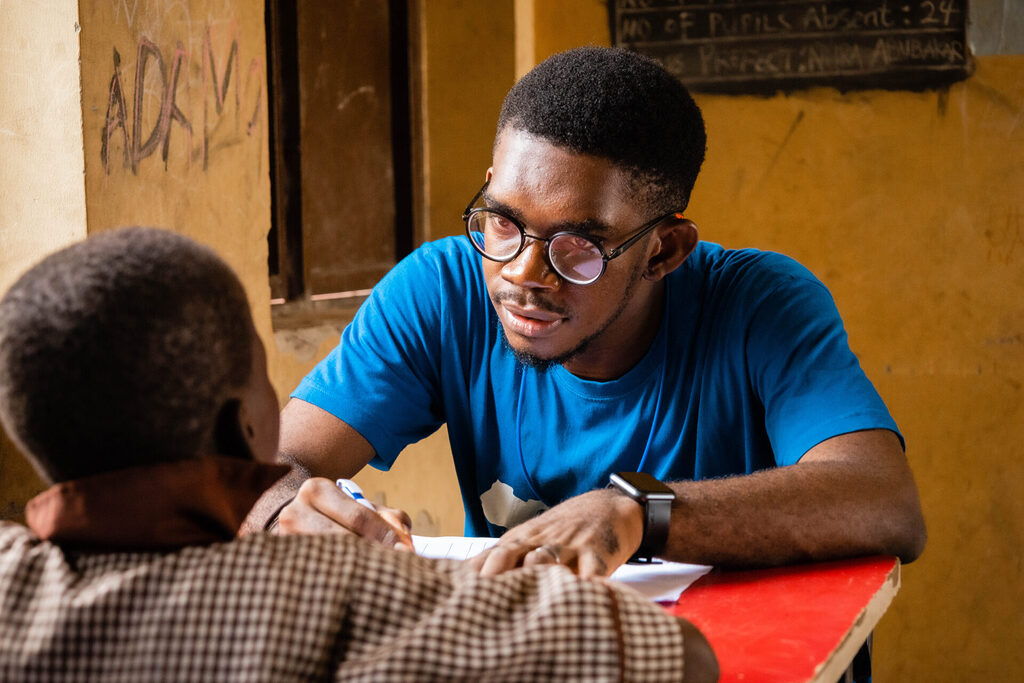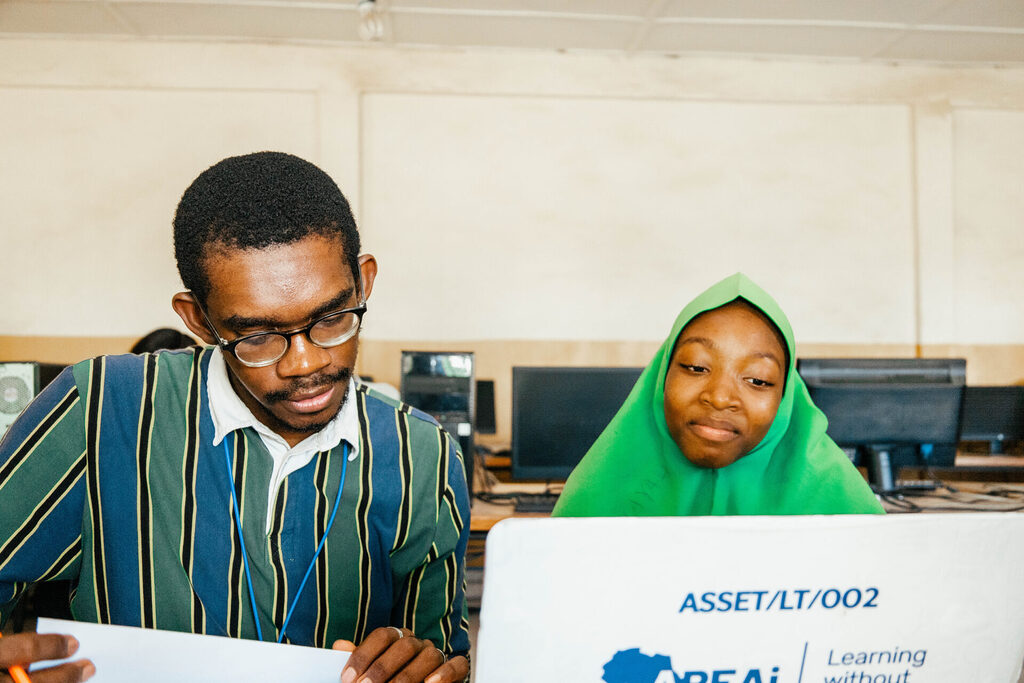
Over time, the intersection of cognitive science and educational technology has opened new ways for improving the learning experience. At the forefront of this development is Generative Artificial Intelligence (AI); with Gen AI, we can create personalized learning content tailored to the learner’s learning requirements, ditching the one-size-fits-all approach.
We can build opportunities for adaptive learning environments by combining cognitive science and generative AI. These learning environments will adapt dynamically to meet the needs of individual learners, offering individualized education that supports cognitive development. The following is how this convergence can be achieved:
1. Personalized Learning Pathways: Cognitive science principles can inform the creation of individualized learning pathways using generative AI. AI can evaluate performance data to determine learners’ strengths and weaknesses and create lesson plans tailored to their learning style. By using cognitive science’s framework to understand how learners learn best, artificial intelligence can create learning paths that maximize cognitive engagement and retention.
2. Adaptive Content Creation: By utilizing generative AI, instructional materials can be customized to meet each learner’s cognitive ability. AI, for instance, can produce reading materials whose difficulty level changes according to the learner’s reading proficiency, keeping them from becoming bored or overloaded. Cognitive research defines the parameters for content complexity and the order in which information is presented to improve comprehension and recall.
3. Time Assessment and Feedback: Real-time assessment and feedback is a critical component of cognitive development, and generative AI can deliver it. Artificial Intelligence can provide instantaneous, tailored feedback to pupils by continuously monitoring their performance, enabling them to comprehend and learn from their mistakes. This is corroborated by cognitive science, which provides information on efficient feedback systems and when to implement interventions to optimize learning results.

There are various advantages to combining cognitive science with generative AI to create adaptable learning environments.
1. Enhanced Learner Engagement: Learning environments that are adaptable and responsive to individual requirements have the potential to greatly boost learner engagement. These environments sustain learners’ motivation and engagement by offering tailored content and prompt feedback.
2. Learning Outcomes: Adapting instruction to meet each learner’s cognitive needs can improve learning outcomes. When pupils are given the proper amount of challenge and assistance, they can learn topics more efficiently and at their own pace.
3. Scalability and Efficiency: Personalized learning can become more scalable by using generative AI to automate the production and modification of educational content. Because of this efficiency, teachers may serve more learners with different learning needs without sacrificing the caliber of their instruction.
4. Equity in Education: Adaptive learning environments can help close educational disparities by giving individualized support to learners from varied backgrounds and skill levels. This strategy fosters equity by guaranteeing every learner access to the tools and opportunities necessary for success.
When paired with cognitive science findings, generative AI holds the potential to produce adaptive learning environments that revolutionize the field of education. These environments can meet the varied needs of learners and promote a more efficient and fair educational experience by customizing training, offering real-time feedback, and producing interactive and exciting content. To guarantee that all learners can benefit from AI-powered education, we must address the ethical issues and problems that arise as we investigate the potential of this convergence. A new era of inclusive and inventive learning is being ushered in by education that is highly individualized, intelligent, and adaptable in the future.
Written by: Chukwuemeka Nwokocha
M.E.A.L Assosciate